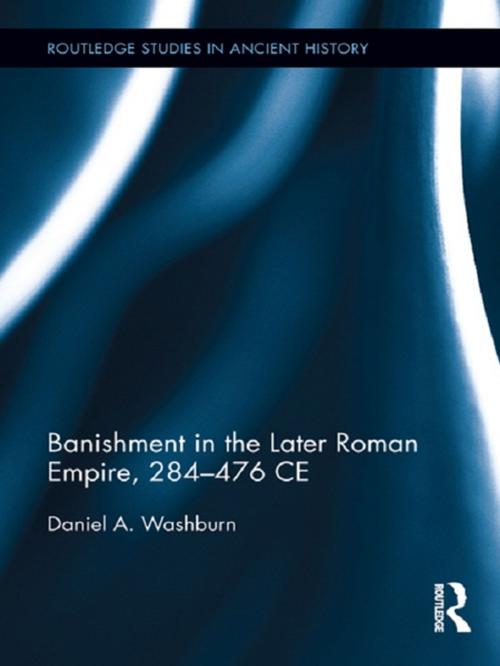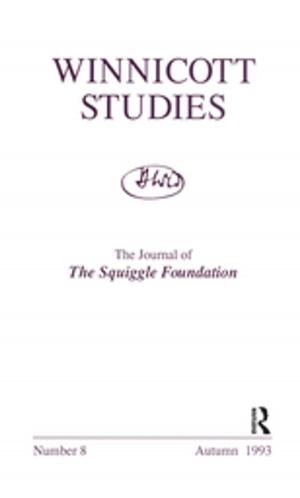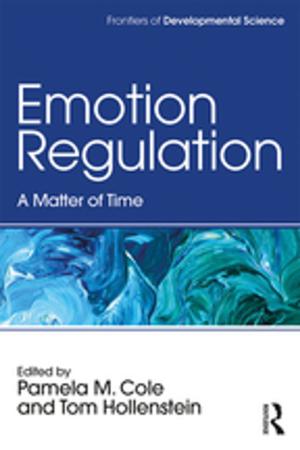| Author: | Daniel Washburn | ISBN: | 9781136254222 |
| Publisher: | Taylor and Francis | Publication: | December 7, 2012 |
| Imprint: | Routledge | Language: | English |
| Author: | Daniel Washburn |
| ISBN: | 9781136254222 |
| Publisher: | Taylor and Francis |
| Publication: | December 7, 2012 |
| Imprint: | Routledge |
| Language: | English |
This book offers a reconstruction and interpretation of banishment in the final era of a unified Roman Empire, 284-476 CE. Author Daniel Washburn argues that exile was both a penalty and a symbol. It applied to those who committed a misstep or crossed the wrong person; it also stood as a marker of affliction or failure. Like other punishments, it articulated and cemented the power asymmetry between the punisher and the punished. Distinctively, it maneuvered the body of the banished in order to tell that tale. The process of banishment also operated as a form of negotiation between the party that exiled and the one banished. In so doing, the punishment offered the possibility for pardon, an event that glorified the pardoner and signaled submissiveness on the part of the restored.
In its sources, this work employs evidence from legal as well as literary materials to forge a complete picture of exile. To harvest all possible information from the period, it considers elements from the arenas of the early church and the Roman Empire. Methodologically, it situates ancient Christianity within the Roman world, while remaining sensitive to the distinct views and roles held by late antique bishops. While banishment played a major role in the history of the Later Empire, no work of scholarship has treated it as a topic in its own right.
This book offers a reconstruction and interpretation of banishment in the final era of a unified Roman Empire, 284-476 CE. Author Daniel Washburn argues that exile was both a penalty and a symbol. It applied to those who committed a misstep or crossed the wrong person; it also stood as a marker of affliction or failure. Like other punishments, it articulated and cemented the power asymmetry between the punisher and the punished. Distinctively, it maneuvered the body of the banished in order to tell that tale. The process of banishment also operated as a form of negotiation between the party that exiled and the one banished. In so doing, the punishment offered the possibility for pardon, an event that glorified the pardoner and signaled submissiveness on the part of the restored.
In its sources, this work employs evidence from legal as well as literary materials to forge a complete picture of exile. To harvest all possible information from the period, it considers elements from the arenas of the early church and the Roman Empire. Methodologically, it situates ancient Christianity within the Roman world, while remaining sensitive to the distinct views and roles held by late antique bishops. While banishment played a major role in the history of the Later Empire, no work of scholarship has treated it as a topic in its own right.















